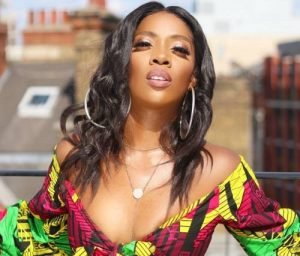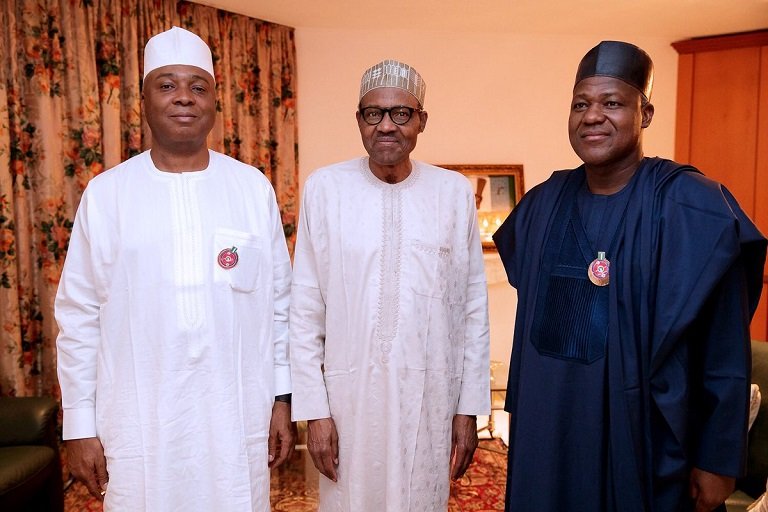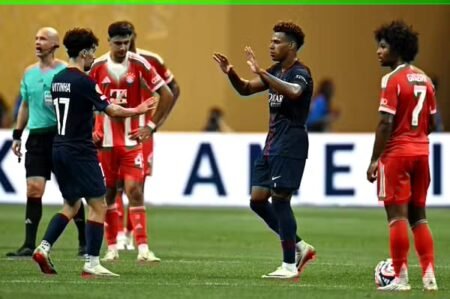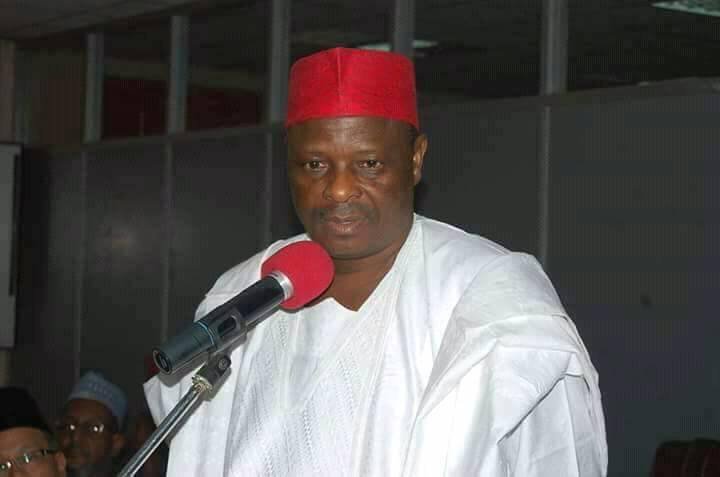
This legal relationship forged by the letters of our constitution has been a rocky romance from its coming together again in 1999. Break-ups, cheating, distrust, late nights, bribery, and even padding have been the phrases that we have oft heard of the affair.
But this is not uncommon, or unexpected. Different political leanings, different personal backgrounds, strong ego, unclear relationship terms, with seeming overlapping responsibilities, interests, and many more, are the obvious reasons.
Yet, irrespective of these, the two arms must never forget that their mandate is to serve the Nigerian people. Differences must be set aside, and ego-driven argy-bargies left behind to fulfill this primary assignment.
For this Presidential system of government to fulfill its constitutional objectives, to give the Nigerian people good governance, all hands must be on deck. That is to say, the three arms of government must work in tandem, not at cross-purposes, to fulfill this mandate.
Promises by the government in power, especially for infrastructure, social amenities and investments are put into the budget proposal sent to the legislature to undergo the rigorous sail of scrutiny, debate and defense of the appropriation process.
READ: School Feeding: Katsina LG witnesses 40% rise in enrolment
And even when they are passed into law, they are naught but proposals – mere intentions. Funding must be made available for each item. For some, this would be guaranteed from earnings from oil revenues, while others would find their funding from borrowing, or other sources of government revenue.
The spirit of the budget proposal is summarized thus: what do we, the government, seek to do, when do we hope to do same, where would we get the funds to embark on these expenditure?
For the fact that Nigeria’s income is not sufficient to fund our deep deficit of infrastructure and capital needs, the country must borrow. To borrow, we must equally, with circumspect and nous, discern whether to borrow externally and/or internally; and to what degree on each, where we opt for both. Either way: the blessing of the Legislature must be sought to make this happen.
Where these two arms of government quibble unnecessarily, over who gets what, when and how much, the people are the ones who bear the brunt. No projects. No roads. No schools. No health facilities, no social investments – because the elephants are fighting.
In 2017, Vice President Yemi Osinbajo, then acting President signed the budget in June – that was almost mid-year. That budget is still in operation. Knowing that it takes about 200 days to complete the due processes for procurement, a delayed budget passage has damaging effect on the delivery of government’s promises to the people.
With the somewhat early submission of the 2018 Budget document by the President to the National Assembly, it was hoped that the passage of the 2018 Budget would be different, evidence on ground does not seem that way.
It is late-April and the budget is yet to be passed by the National Assembly. With 2018 being largely a political year of campaigns and political mobilization, slow passage of this budget may hamper its implementation, especially that it has not been passed in the first quarter.
Both arms of government must sit up and get to work together; with the ball largely in the court of the legislature right now, it has the burden of pulling this through in record time – if it wants to. Politics and self-serving interests must be put aside in the overall interest of Nigerians.
Nigeria faces daunting challenges in the days ahead. The world, as it progresses, and solves its own problems, would not pause to help us fix ours; most of which were in fact self-inflicted.
For instance, parliament withheld approvals of Presidential nominees to the boards of the Central Bank, ICPC and some other government agencies, which slowed down the process of governance. This sort of petty power-play is needless for our country’s development.
The fractious romance of these two arms of government is more worrisome, when one remembers that the ruling party, the All Progressives Congress (APC), has a majority membership in the National Assembly. As it is worrisome, so also, is it embarrassing.
An epigram says: The President proposes the budget, but congress holds the key to the purse. The good intentions of the Executive do not translate to better days for the Nigerian people without the legislature playing its fundamental role of opening the purse for spending through the Appropriation Bill and other sundry responsibilities.
A better harmonious relationship must be forged. And if patting each other’s back would smoothen this ride then it must be done. If for nothing else, in honor of the ultimate responsibility to serve the Nigerian people. Not our egos.
By Johannes Tobi Wojuola, a lawyer, and a member of the Abuja Global Shapers Community, an initiative of the World Economic Forum











